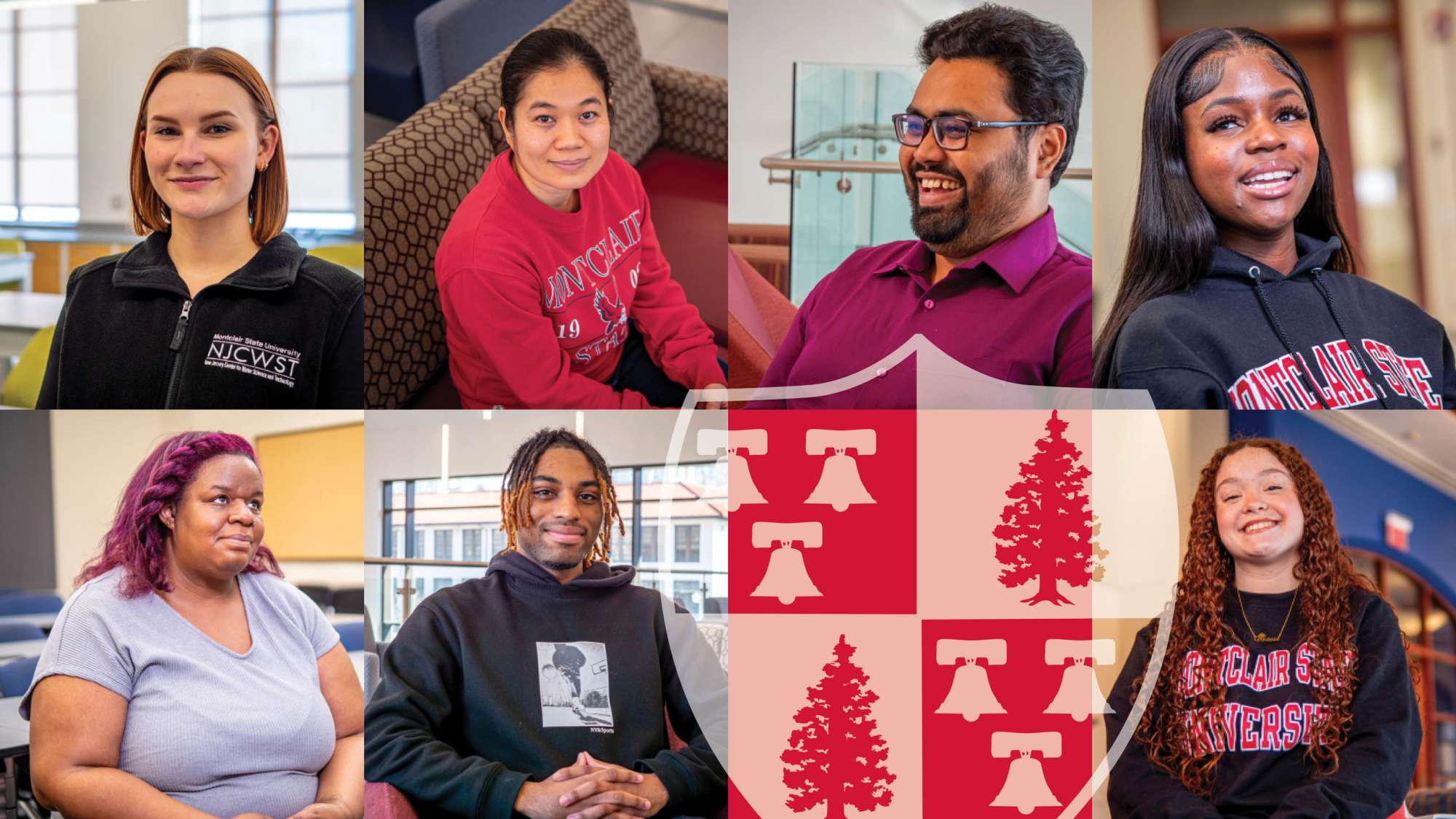Story by Staff Writer Marilyn Joyce Lehren. Photos by John J. LaRosa.
Faculty and students collaborate on social justice, health equity and environmental initiatives to improve New Jersey communities

From a young age, Melissa De Almeida was determined to become a teacher in the same Spanish and Portuguese working-class neighborhood of Newark, New Jersey, where she grew up. “It’s always been my plan,” she says. “I find it important to have a teacher who looks like you, who comes from the same background as you, sometimes even speaks the same language as you. It can make a big difference in your education.”
Wanting to make an impact made her college choice an easy one: Montclair State University offers the renowned Red Hawks Rising Teacher Academy, a pipeline for diverse teachers and a nationally recognized program addressing the shortage of teachers of color.
This partnership with Newark Public Schools and the American Federation of Teachers is among the many ways that Montclair faculty, students and partners are working to make the world a better place – tackling such wide-ranging issues as unequal educational and health outcomes, environmental and social justice, poverty, and the catastrophic effects of climate change.
The work defines, as President Jonathan Koppell often says in his public remarks, what it means to be a university with a public purpose, one that not only creates transformational opportunities for students, but also partners with communities to find solutions to pressing problems.
“To do that, however, we must lay down deep roots, be active participants, and demonstrate commitment to lasting, sustainable change,” he said when announcing “One Square Mile” – a new collaboration with Paterson Public Schools and supported by the Geraldine R. Dodge Foundation.
“Montclair demands a lot of us. I don’t think it’s a place where people sit with easy answers. I think it’s a place where people want to question and think critically about what’s going on in the world,” says Eve Schaenen, executive director of the Yogi Berra Museum & Learning Center, her observations among the dozens gathered this academic year on what it means to be a public-serving university.
Click here to continue to read the full story on montclair.edu.